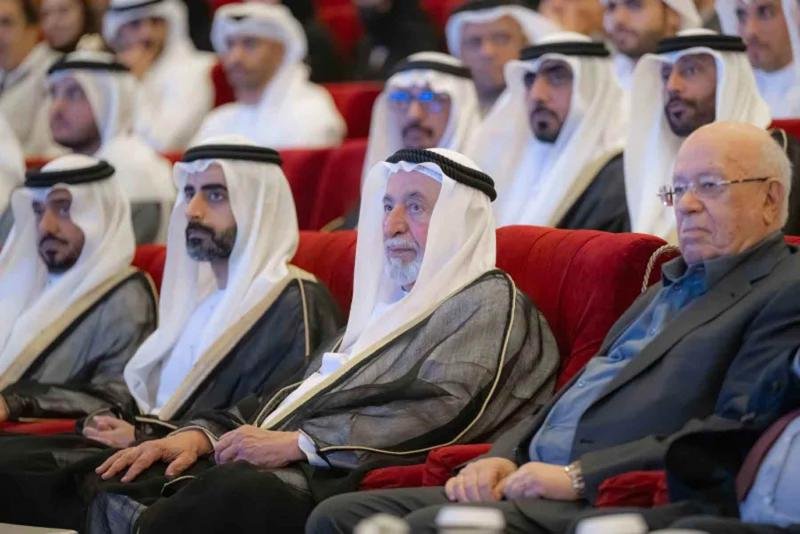In a significant push to modernize governance, a Cabinet meeting chaired by Prime Minister Sarra Zaafrani Zenzri, approved a comprehensive package of measures on Tuesday to accelerate the digital transformation of the state administration, integrating artificial intelligence and open data as core pillars of the national economic strategy.
The meeting, a follow-up to the government’s economic planning session last May, centered on making public services faster, more transparent, and accessible to citizens and investors alike. Central to the new decisions is the integration of all digital projects into a unified National Platform for Monitoring Public Projects, accompanied by the creation of national and sectoral dashboards to track real-time implementation.
The Cabinet mandated universal interconnectivity between ministries and public institutions, enforcing binding mechanisms for data-sharing. The move aims to break down administrative silos, develop integrated electronic payment systems, and advance financial inclusion across the country.
To ensure citizen engagement, the government recommended launching a national communication plan to raise awareness about available digital services and simplify access through a new unified national portal. This single window is designed to consolidate administrative services for citizens, investors, and businesses.
In a key decision toward embracing emerging technologies, the Cabinet approved a national open data policy to fuel innovation, guarantee transparency, and integrate AI solutions into digitalization projects—including tools for early detection of corruption and tax evasion.
Prime Minister Zenzri left no doubt about the urgency of the transformation, stating that full digitalization is “necessary, not optional.” She emphasized that priority will be given to projects that directly serve citizens and businesses, boost investment, and improve Tunisia’s regional competitiveness.
“Digital transformation is a key driver of the national economy,” Zenzri said, underscoring its role in fighting corruption and deepening administrative reform—a key priority of President Kais Saied.
For the medium term (2026–2030), the government plans to devise a unified national digital vision that sets clear objectives, timelines, and a user-centered approach. Process re-engineering will be a prerequisite for all digitization efforts.
During the meeting, Minister of Communication Technologies Sofiene Hemissi presented the 2025–2026 digital transformation program, which includes 138 projects. Ninety-nine focus on digitizing public administration, 18 on developing the digital economy—including AI training and e-commerce—12 on cybersecurity, and 9 on enhancing digital infrastructure.
The Cabinet also reviewed obstacles currently delaying certain projects and discussed concrete solutions to ensure timely implementation across all ministries.
TunisianMonitorOnline (NejiMed)




